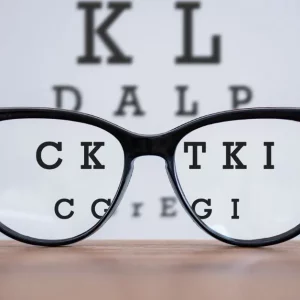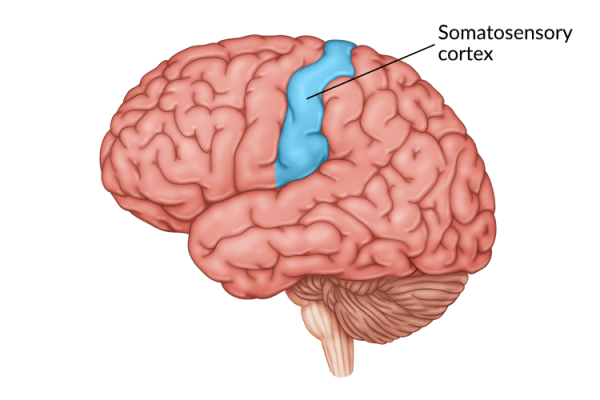Can Aricept help brain injury patients improve their memory skills? Some promising research indicates Aricept may be a helpful medication for brain injury survivors. However, it will never be a replacement for traditional cognitive therapy.
To help you better understand this potential drug treatment, we explain how Aricept works and some of the benefits and side effects associated with it.
How Aricept Works
Aricept (Donepazil) prevents the breakdown of acetylcholine in brain tissue. It is commonly used to treat mild to moderate dementia symptoms.
Acetylcholine (ACh) is the most abundant neurotransmitter in the human body and is found in both the central and peripheral nervous systems. ACh is the neurotransmitter for the nerve-to-muscle junctions as well as neurons causing motivation, arousal, attention, learning, and memory. ACh also plays a role in promoting REM sleep.
However, after a traumatic brain injury, the brain can lose a significant number of cholinergic neurons (neurons whose neurotransmitter is ACh). Because Aricept prevents acetylcholine (ACh) from breaking down, it can potentially increase the amount available in the brain. With more ACh available, brain function could improve.
Benefits of Aricept for Brain Injury
Aricept for brain injury appears to offer some cognitive benefits in small studies.
One pilot study indicated that visual memory improves after four weeks of using Aricept. Another small-scale study showed significant improvements in processing speed, learning, and attention. These studies indicate potential but researchers refrained from making any general conclusions.
Subjective Improvements
There are subjective reports on the benefits to using Aricept for brain injury. In one open-label trial, brain injury patients were given 5 mg of Aricept daily for four weeks.
Interestingly, although few objective improvements were measured, most of the patients chose to remain on the drug after the trial ended. When asked why they continued, the patients said they felt more clarity of thought while using it.
In fact, several of them claimed that they could think faster and were able to keep multiple ideas in mind at once. Family members also reported that the subject’s socialization skills improved while they were on the drug.
While these are mostly subjective reports, they indicate that Aricept for brain injury might be worth inquiring about with your neurologist for patients with cognitive deficits.
Side Effects of Aricept
The side effects of Aricept are mostly mild but can include:
- Appetite loss
- Headache
- Diarrhea
- Sleep problems
- Muscle cramps
- Drowsiness
- Dizziness
- Nausea
More serious side effects can include painful urination, seizures, and chest pain. Call your doctor immediately if you experience any of these symptoms.
How to Use Aricept for Brain Injury
Aricept can lessen the severity of your cognitive deficits and give you more mental clarity, but it has no effect on the brain injury itself.
To ensure optimal recovery from brain injury, you must maximize the effects of neuroplasticity. This will allow your brain to reorganize itself and grow to recover function. Although a medication like Aricept may help your neuronal excitability, to make new neurons grow you must practice skills.
For example, to improve your cognition, therapists recommend you practice cognitive rehab exercises every day. These will stimulate your brain to change and grow.
All of this means that Aricept may act as a boost for your therapy, but it cannot replace it. Try your best to practice cognitive exercises consistently to maximize your chances of recovery.
Should You Try Aricept for Brain Injury?
Aricept increases the amount of acetylcholine in the brain, which improves functions such as attention, motivation, and memory.
Although studies do not show significant objective improvements in brain injury patients using Aricept, many patients report subjective benefits. These benefits include greater clarity of mind and better social skills.
Therefore, Aricept may be worth inquiring about to your neurologist. However, it should not replace traditional therapy which facilitates neuroplasticity.
We hope this article helped you understand Aricept for brain injury. Good luck!










